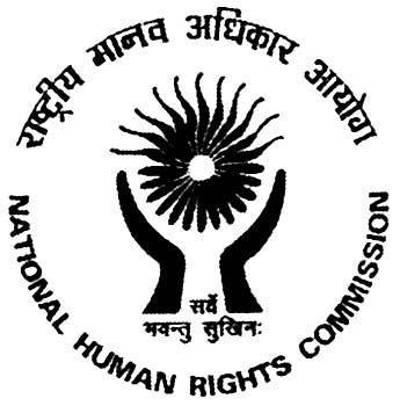NHRC Hosts Open House Discussion on Eradicating Manual Scavenging and Ensuring Dignity for Sanitation Workers
Justice Ramasubramanian expressed deep concern over the continued deaths of sanitation workers despite legal provisions banning hazardous manual cleaning.

- Country:
- India
The National Human Rights Commission (NHRC), India, conducted an open house discussion on the rights and dignity of manual scavengers at its New Delhi headquarters. The hybrid-mode event was chaired by NHRC Chairperson Justice Shri V. Ramasubramanian, alongside members Smt. Vijaya Bharathi Sayani, Justice (Dr) Bidyut Ranjan Sarangi, and Secretary General Shri Bharat Lal. The discussion brought together representatives from various ministries, state governments, NGOs, UN agencies, private organizations, and research scholars to address the pressing challenges faced by manual scavengers and sanitation workers.
Chairperson’s Call for Change
Justice Ramasubramanian expressed deep concern over the continued deaths of sanitation workers despite legal provisions banning hazardous manual cleaning. He emphasized the need to study root causes and explore innovative technological solutions, such as piloting robotic cleaning of sewer lines and septic tanks in one state for nationwide replication.
Mechanization and Legal Enforcement
Shri Bharat Lal, Secretary General of NHRC, highlighted the Commission's efforts to enforce mechanized cleaning processes in states, as directed by the Supreme Court in the Dr. Balram Singh v/s Union of India & Ors. case. Several states have initiated three-year programs for mechanization in urban local bodies. However, systemic issues, including caste-based inequities, remain a challenge.
Technical Sessions: Holistic Approach to Addressing Manual Scavenging
NHRC Joint Secretary Shri Devendra Kumar Nim outlined the three key sessions during the discussion:
- Addressing deaths in septic tanks and sewer lines: Highlighting safety failures and proposing robust interventions.
- Banning manual scavenging: Advocacy for comprehensive prohibition and stricter enforcement.
- Rehabilitation and empowerment: Developing pathways for dignity, financial independence, and sustainable livelihoods for affected individuals.
Expert Contributions and Technological Innovations
The event featured insights from experts like Shri Bezwada Wilson, National Convenor of Safai Karamchari Andolan; UNICEF specialists; and innovators like Shri Rashid Karimbanakkal of Genrobotics Innovations. Solutions discussed included robotic cleaning systems, community-driven models, and incentivizing women-led Self-Help Groups (SHGs) in sanitation efforts.
Key Recommendations from the Discussion
Enhanced Monitoring and Representation: Ground-level oversight to ensure effective welfare program implementation.
Data Transparency: Improved reporting of manual scavenging cases, sewer deaths, and budget allocation under SBM and NAMASTE schemes.
Distinction in Roles: Differentiating sanitation workers and manual scavengers under the 2013 Act for tailored policies.
Mechanization Incentives: Promoting technology adoption with financial assistance for innovators.
Rehabilitation Programs: Conducting surveys, providing minimum wages, and creating a robust database for health insurance and education.
Capacity Building: Training programs for workers to operate mechanized cleaning systems and ensure safety compliance.
Safety and Awareness: Distribution of safety gear, workshops, and community campaigns.
Empaneling and Regulating Market Players: Establishing accountability mechanisms for desludging operators.
Future Steps
The NHRC pledged to deliberate further on these recommendations and work with stakeholders to address gaps in legal and policy frameworks. The aim is to eliminate hazardous manual cleaning practices and provide dignified livelihoods for affected individuals, ensuring their rights and well-being.
The Larger Context
Despite laws banning manual scavenging, the practice persists, claiming lives and perpetuating inequality. Initiatives like mechanization, robust monitoring, and comprehensive rehabilitation measures offer a roadmap to eradicating this dehumanizing practice, with NHRC playing a pivotal role in catalyzing change.
- READ MORE ON:
- National Human Rights Commission










